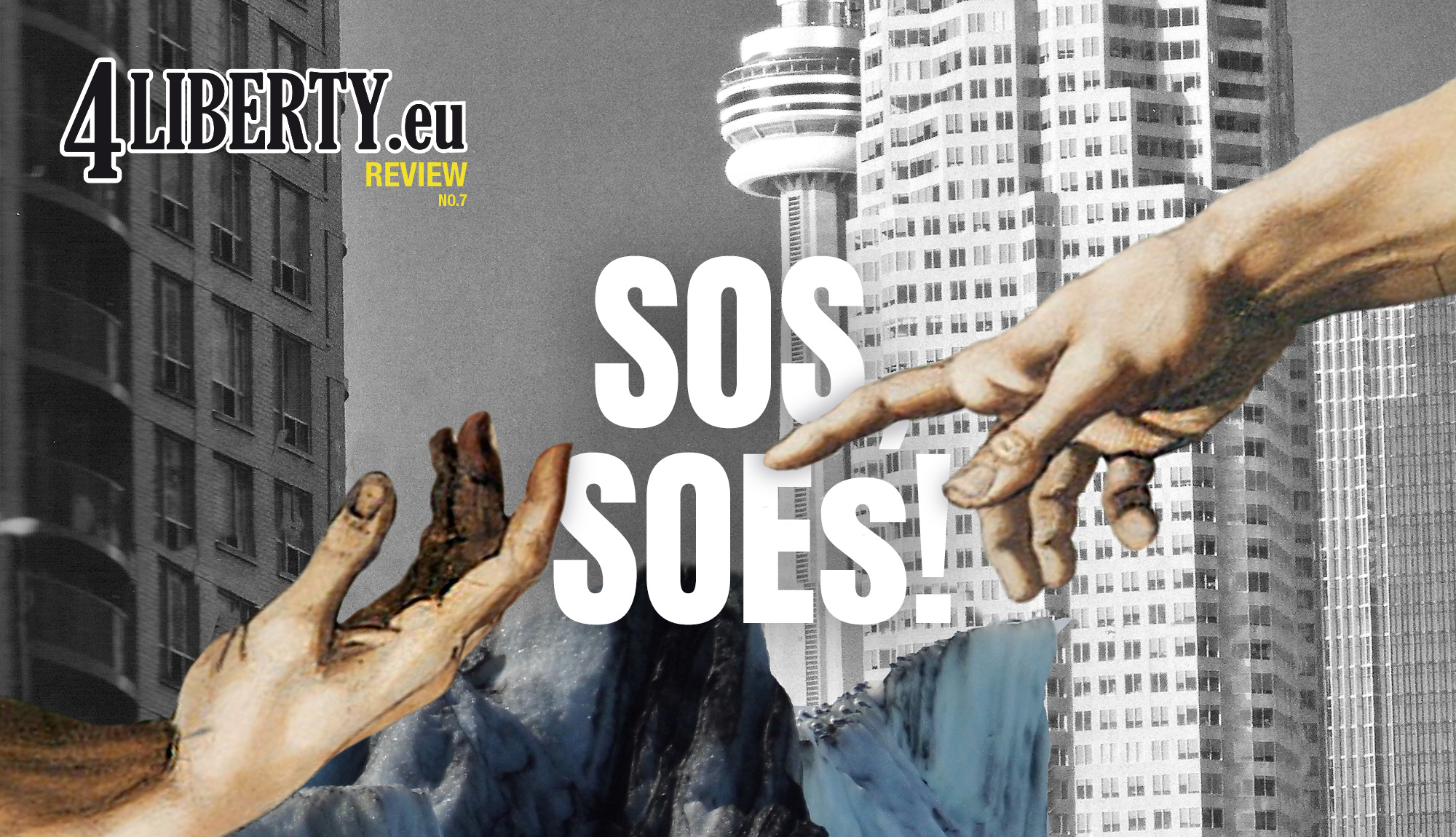
In recent years, privatization in Bulgaria has gradually lost momentum after large-scale investment was finalized in 2003-2004. Judged by the amount of revenue, it has reached a point of a virtual stall in 2015–2016 as privatization proceeds fell to just BGN 3–4 million (EUR 1.5-2 million)1 annually. The view that dominates the executive power more and more executive power is that no more assets in the Bulgarian economy can be privatized. In other words, everything that had been “privatizable” was already privatized in the transition period and privatization should be deemed finished. Ironically, one of the loudest voices of this political line is the current minister of economy, Emil Karanikolov, who managed the national privatization agency between May 2011 and May 2017, until he became minister.
Download full article: 05_PRIVATIZATION IN BULGARIA STATE OWNERSHIP IS DEAD_DESISLAVA NIKOLOVA
However, plenty of state- (SOEs) and municipal-owned enterprises (MOEs) perform functions and activities that the state and local authorities should not engage in at all, – at least not in a market economy. Among existing state and municipal enterprises, one can find companies for dairy production, cargo transportation, garbage collection, music and video recording, textile production, and the like. Apart from these, the state keeps its interest in other sectors (electricity, railway transport, and health care) where its dominance prevents their liberalization, distorts competition, and leads to huge subsidies from the state budget to these companies, each and every year.
Public choice makes it clear for why the privatization freeze has happened. State enterprises are a convenient tool for the pursuit of political goals: They are used for populism or mere profiteering by politicians. Their employees and clients are a large voter base, easily manipulated before elections. Their assets and market share, on the other hand, are a “tasty treat” for politicians, their relatives, and donors. Some of those companies also benefit from monopoly or “fast-track” access to certain public procurement orders. For instance, the Ministry of Interior has its own textile company (Intendantsko Obsluzhvane) which sews police uniforms – even if the Bulgarian economy is flooded with private textile companies.
Prospects for a privatization revival are meager, considering the increasingly strong capture of Bulgarian institutions by private interests. In the meantime, Bulgarian citizens will keep paying the bills for SOEs through budget subsidies to unprofitable companies, high prices, and low-quality goods and services.
Privatization in Bulgaria: A Brief History
Similar to other CEE economies, privatization in Bulgaria did not start with the 1989–1990 transition period. The same applied to other market reforms, too, as the dominant view among policymakers at that time was that Bulgaria should undertake gradual changes to minimize social suffering. Bulgaria formed part of the “gradualists” among former socialist countries, in contrast to “shock reformers” who embarked radical reforms in the early 1990s. With hindsight, this choice cost Bulgarians dearly in terms of standards of living, economic development, and catching up to developed economies.
Download full issue: SOS SOEs_REVIEW7_FULL
1 The Bulgarian lev was pegged to the Deutsche mark in mid-1997 with the introduction of a currency board arrangement. With Germany’s adoption of the euro, the anchor currency for the lev became the euro at a rate of 1.99583 leva per euro; the fixed exchange rate has not been re-valued to date.





















